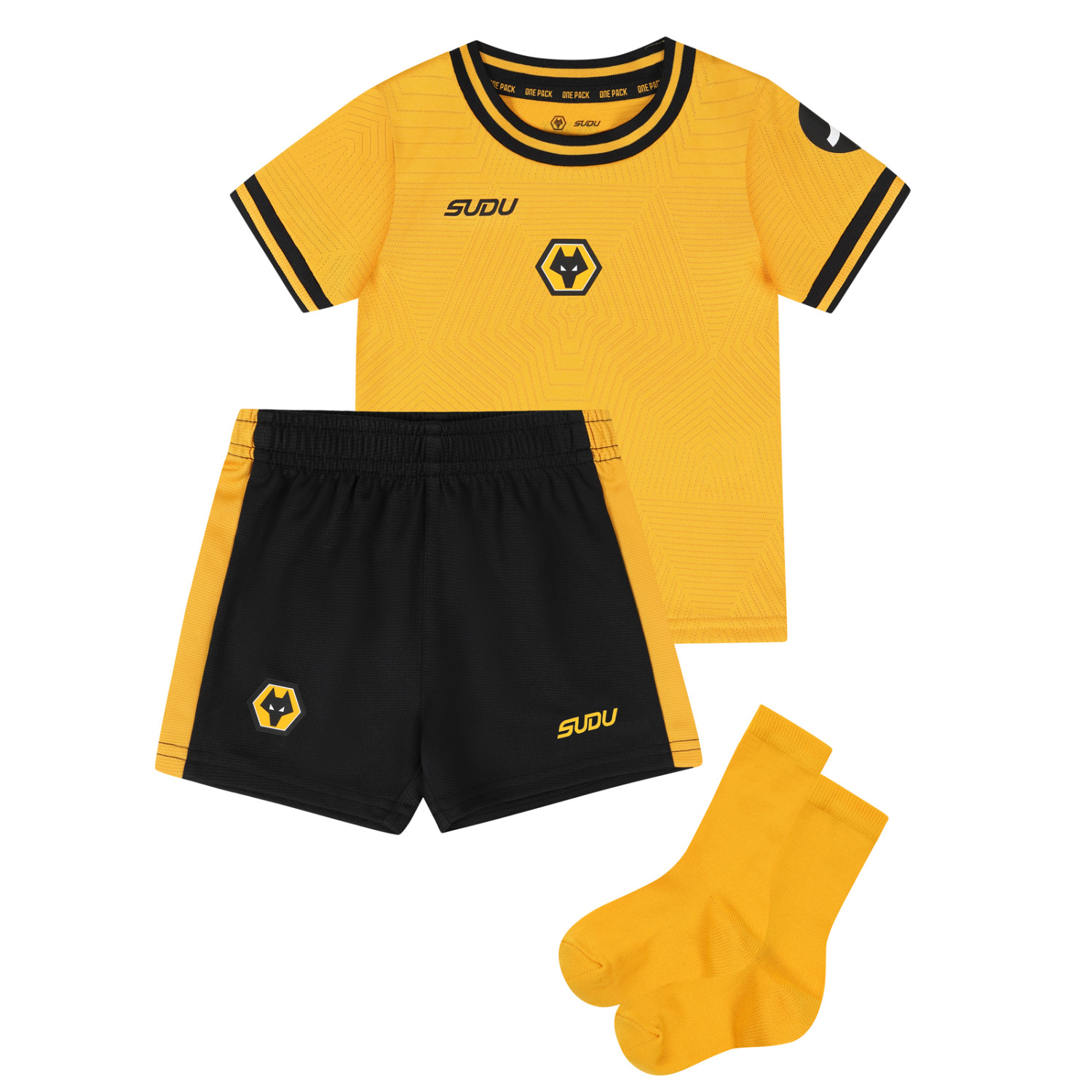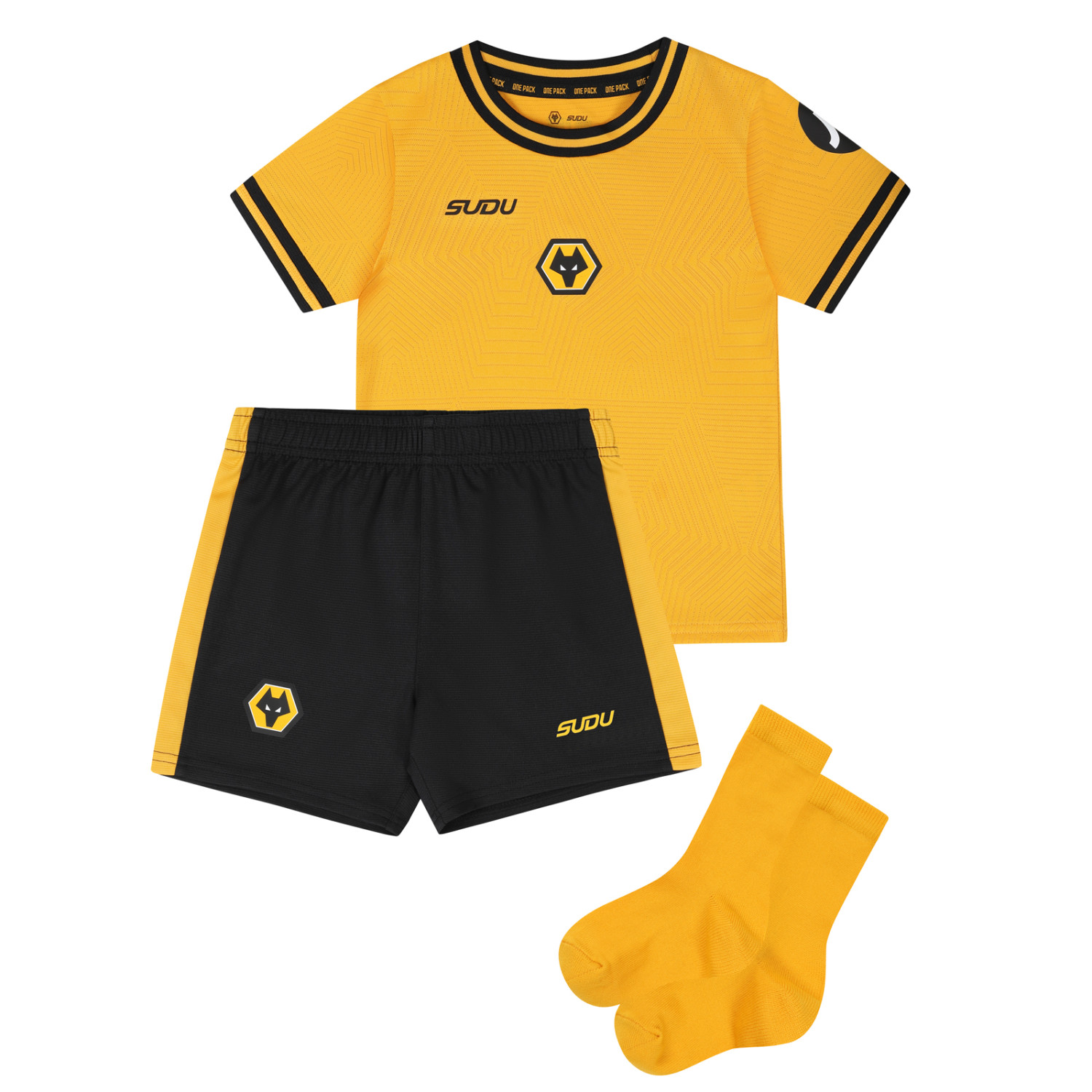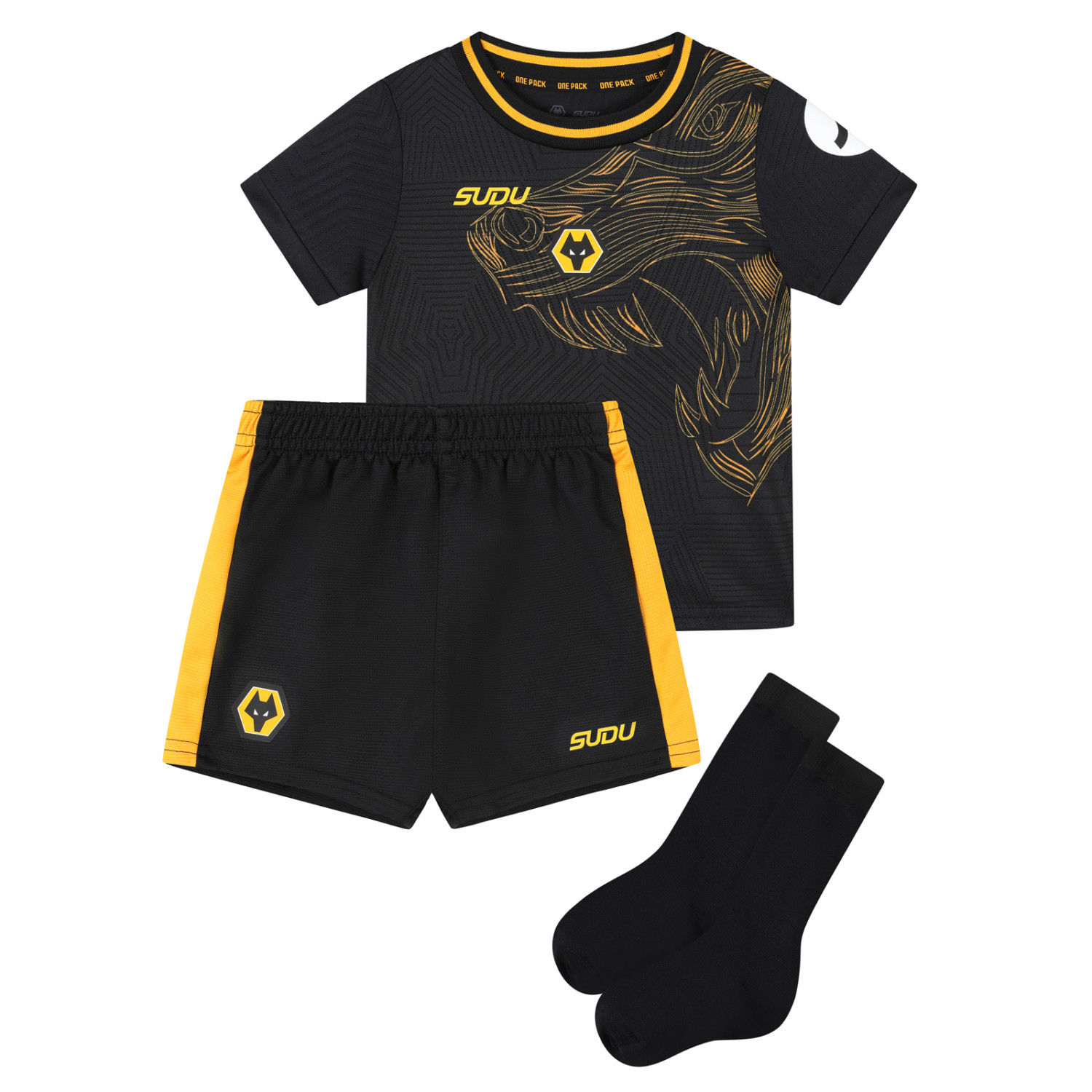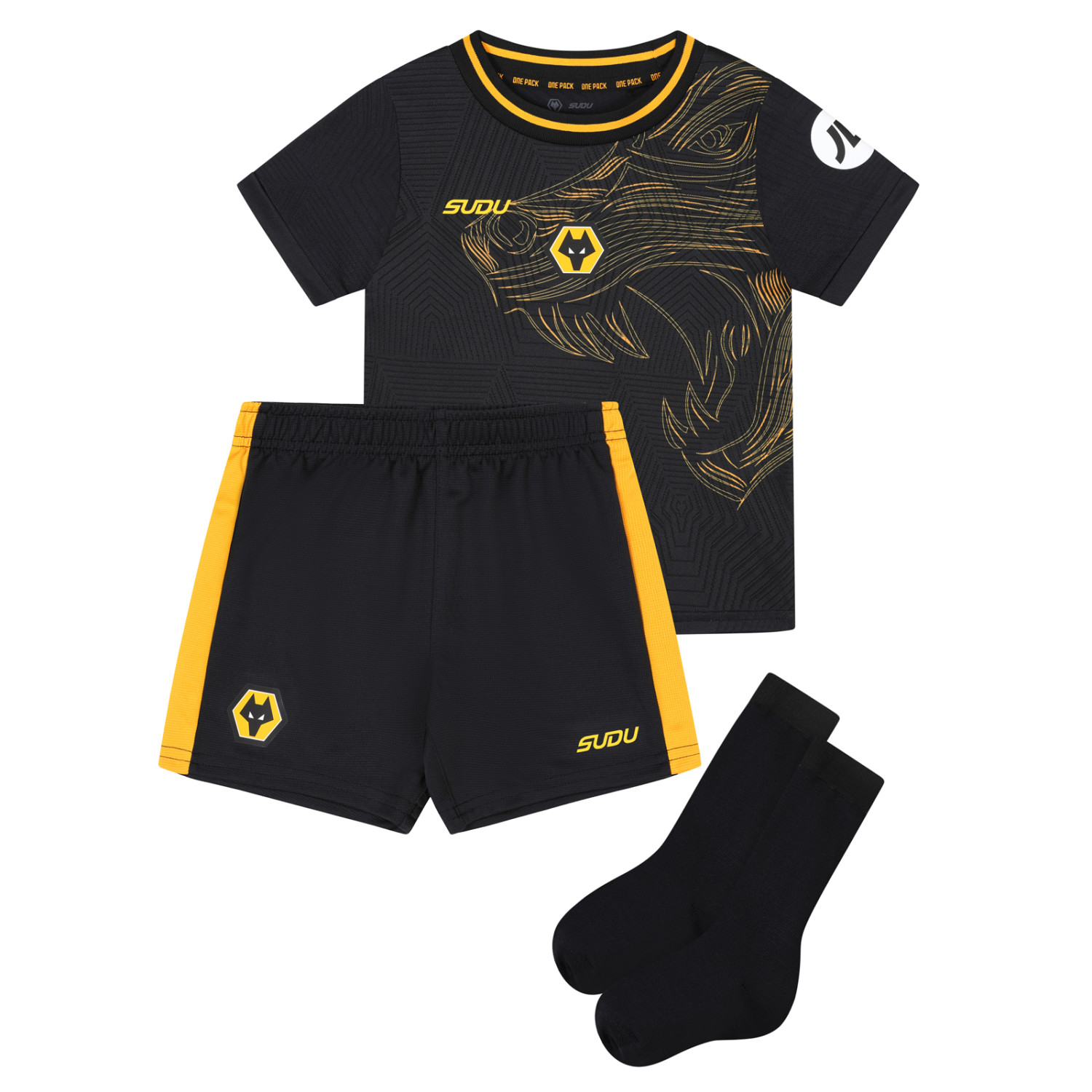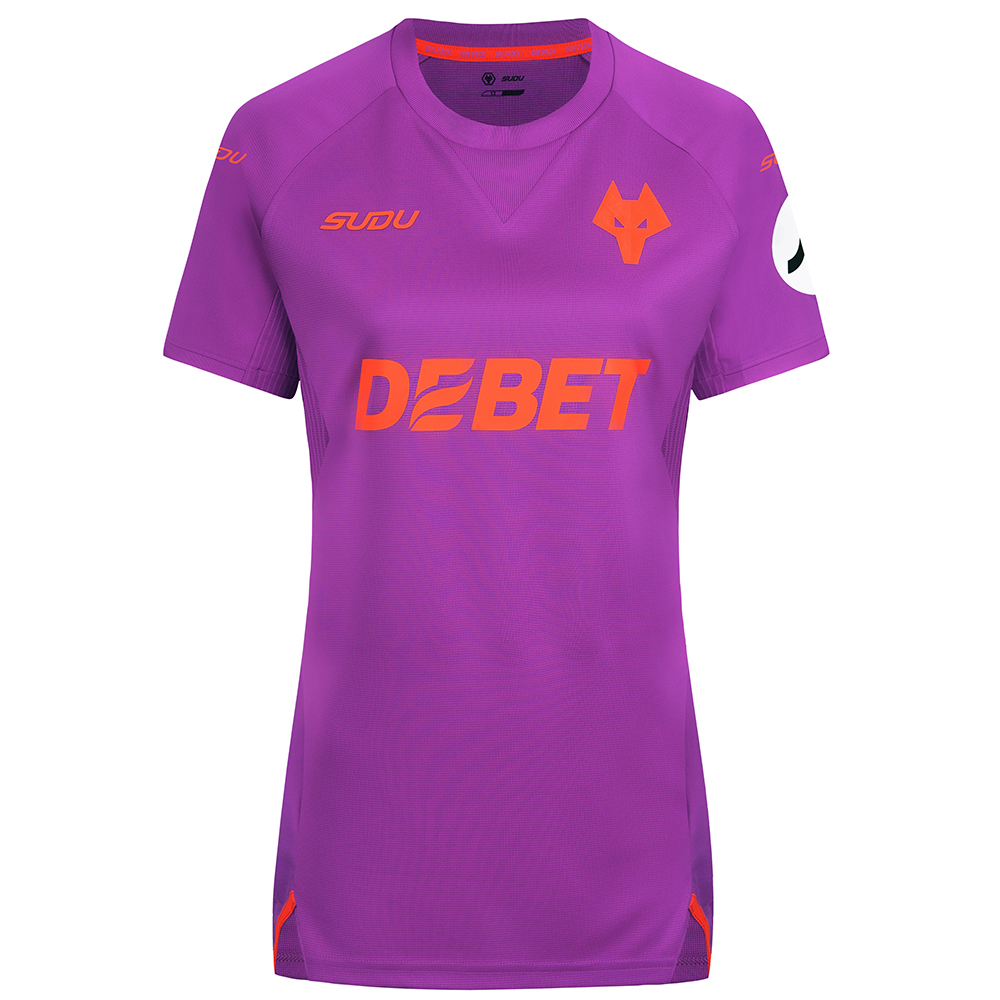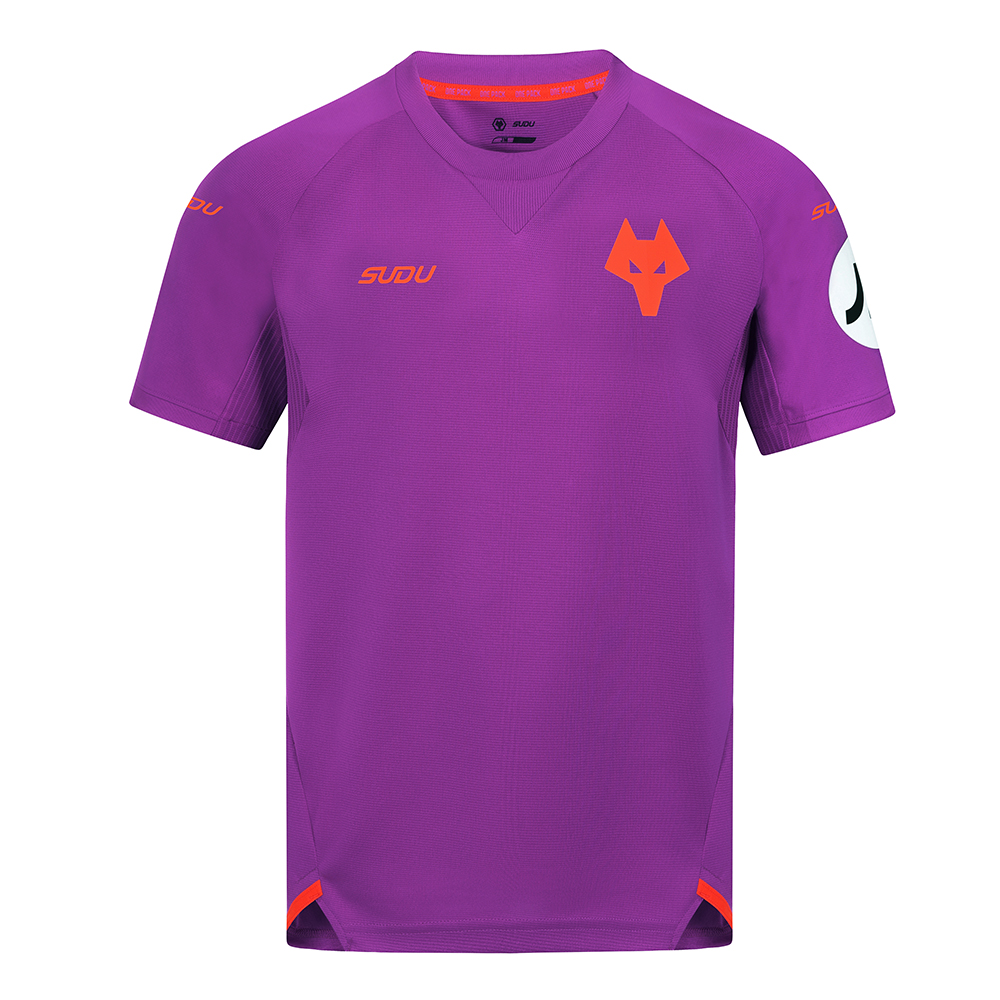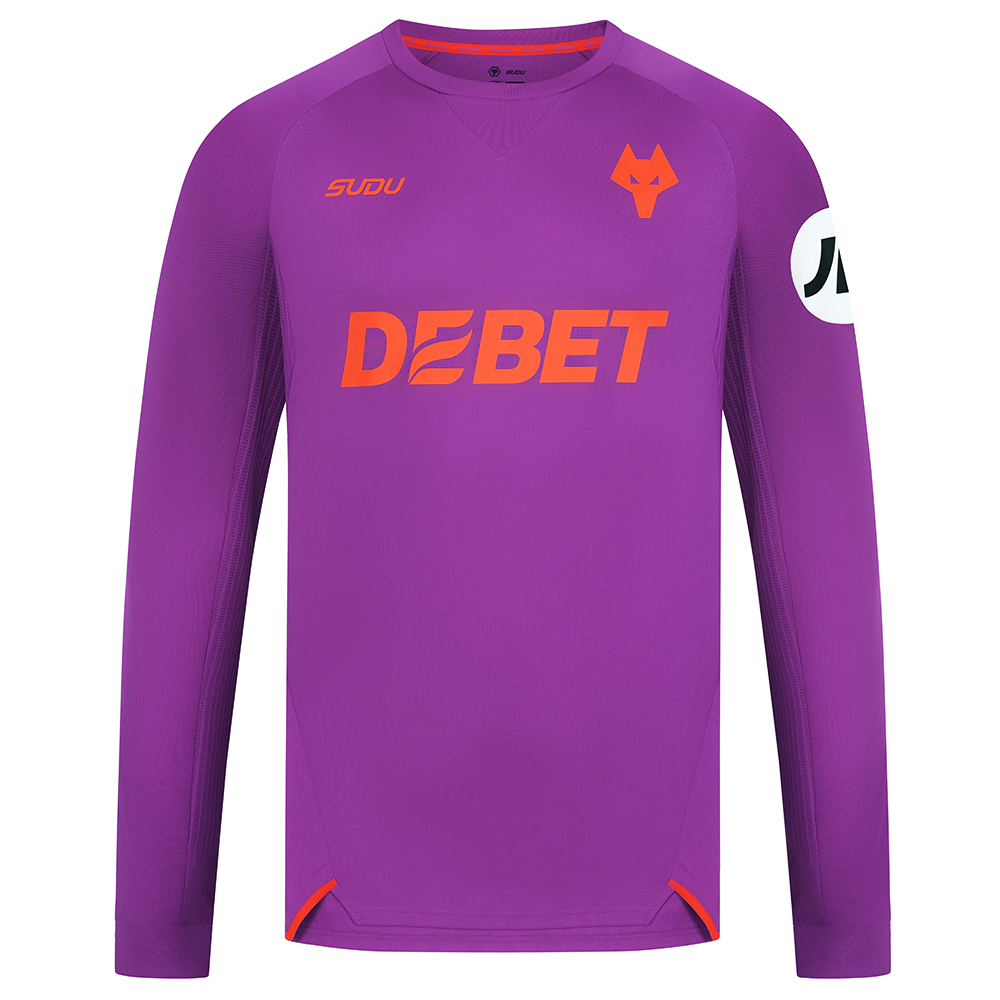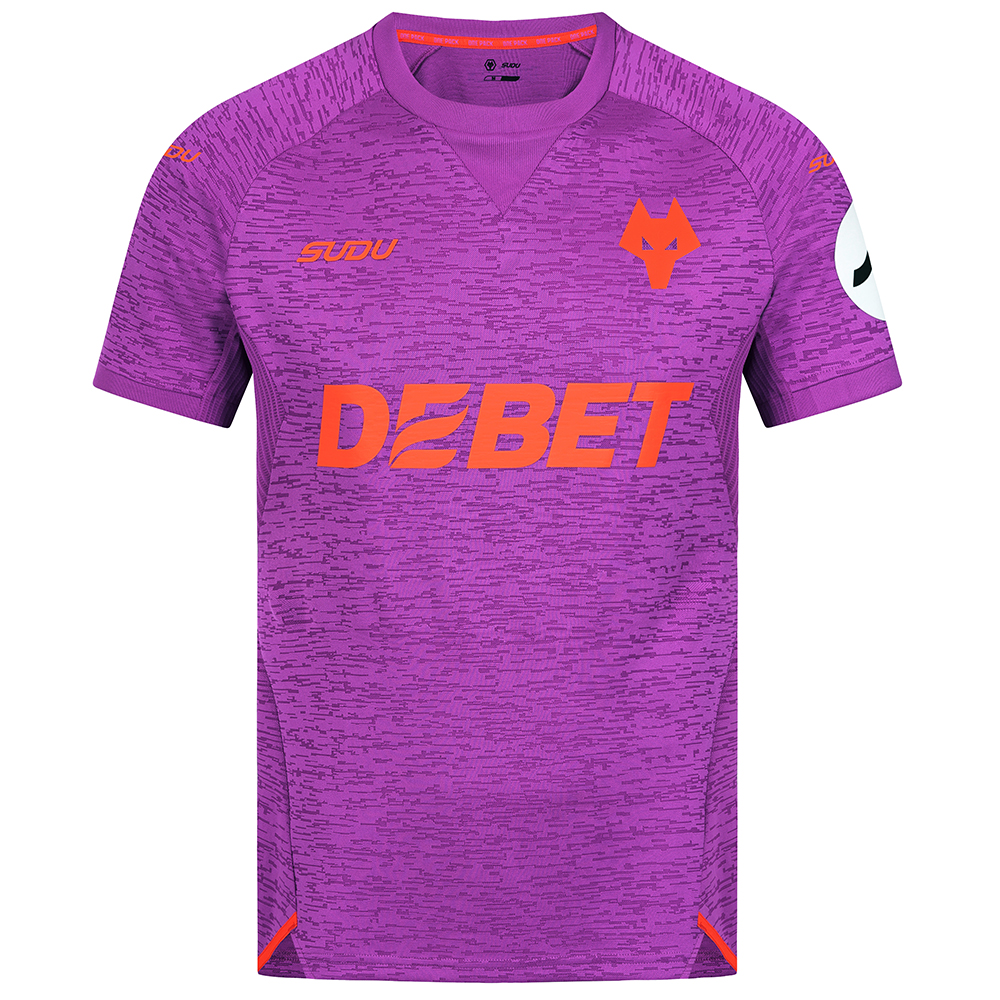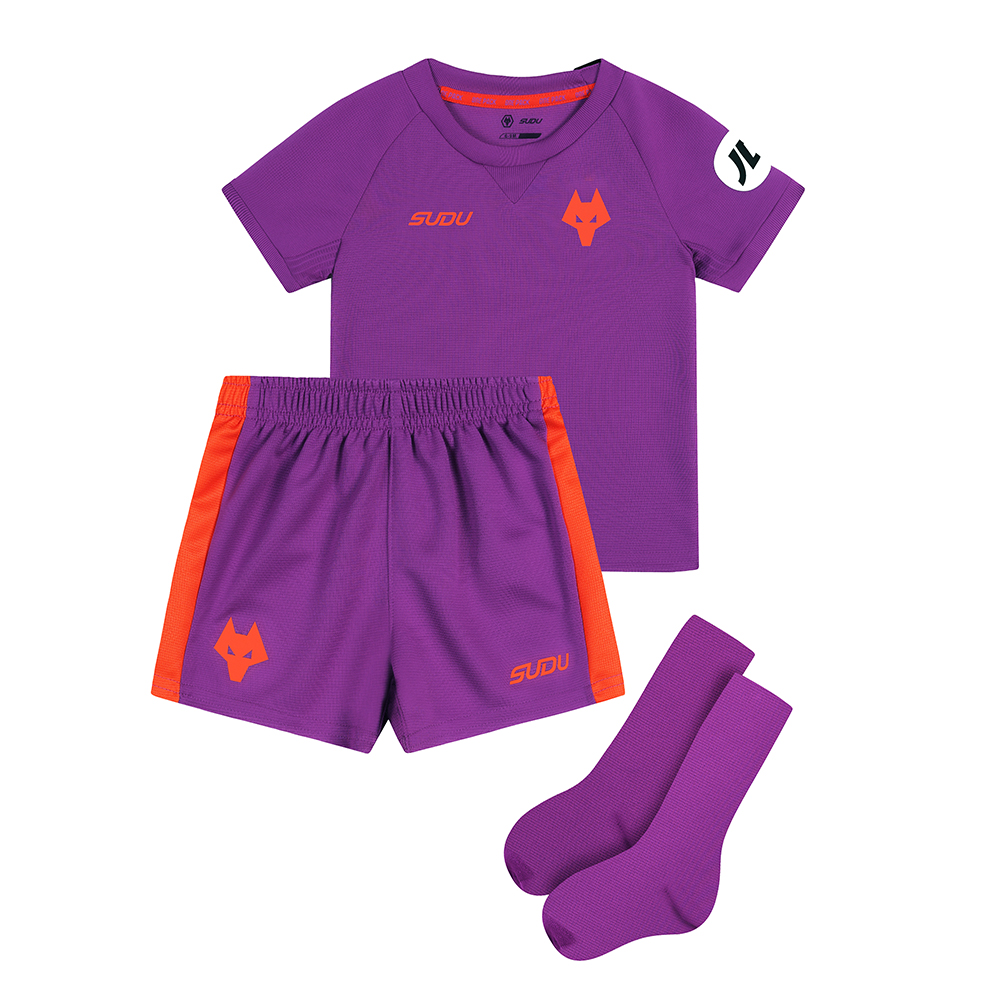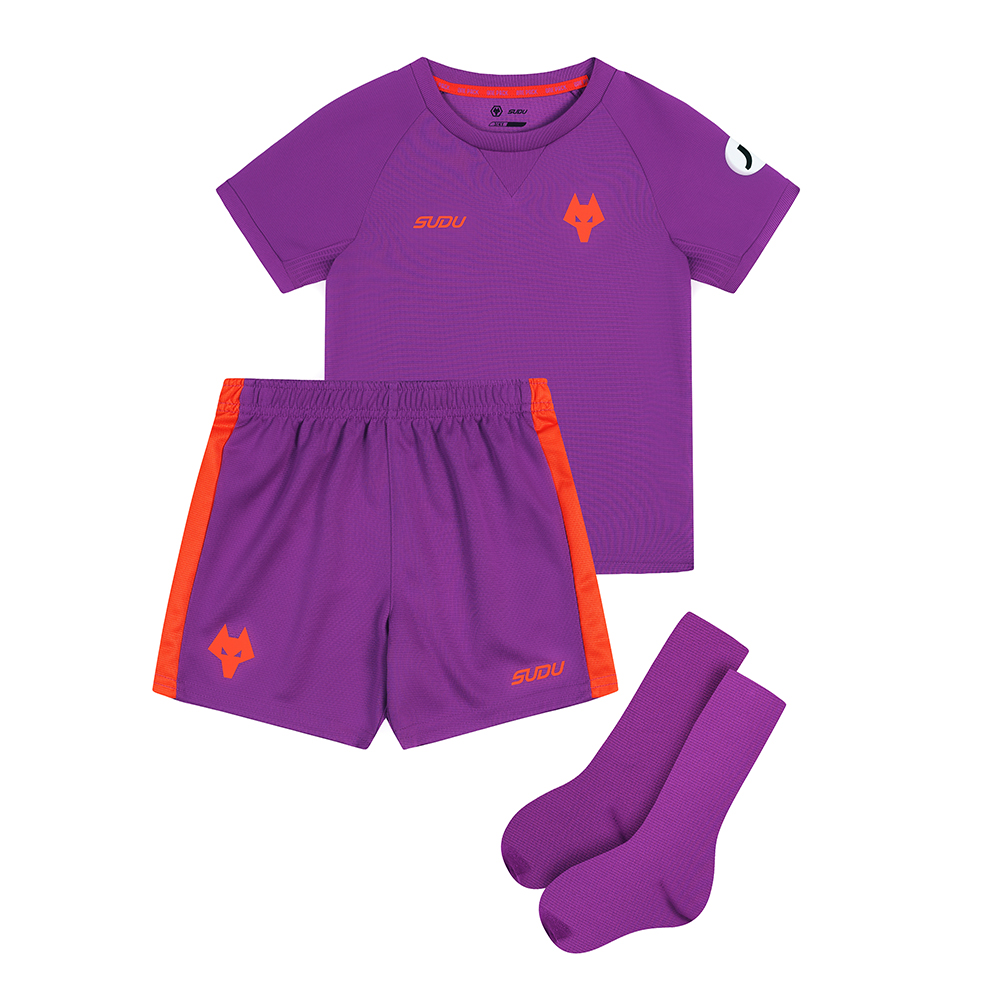Legendary Wolves striker John Richards is the first of our former players to talk about life after football once he had hung up his boots in this new feature.
How did you feel after retiring?
I was happy, to be honest. I’d had a good career in England and at the time of thinking about retirement I was playing out in Portugal, and I was ok with what was happening because it was already in my head before I retired that my career was coming to an end. So mentally, I had accepted it and I was prepared for it. I hadn’t got a clue what I was going to do after I’d stopped playing, but I knew that the time was right for me to stop. I was quite keen into going into journalism and I wrote a few pieces for the Express & Star while I was playing in Madeira and did a bit of radio work when I got back to Wolverhampton with Beacon. But I got the opportunity to apply for a position with Wolverhampton Council who had set up a new leisure services department and they wanted a sports and recreation manager, and I was fortunate to get it.
Did it take time for your life to adjust?
It took about five or six months after I stopped playing to get that position with the council, which was the first job that I really thought I could make a go of, so the adjustment initially after retiring from football and getting the job was quite difficult because wearing a suit and tie, starting at 8.30am and finishing at 5pm, Monday to Friday, it was a total different routine to what I was used to – but the biggest difference was that I got weekends off! There was a big change in work pattern from being a footballer, but it’s just one of those psychological things that you just adjust to.
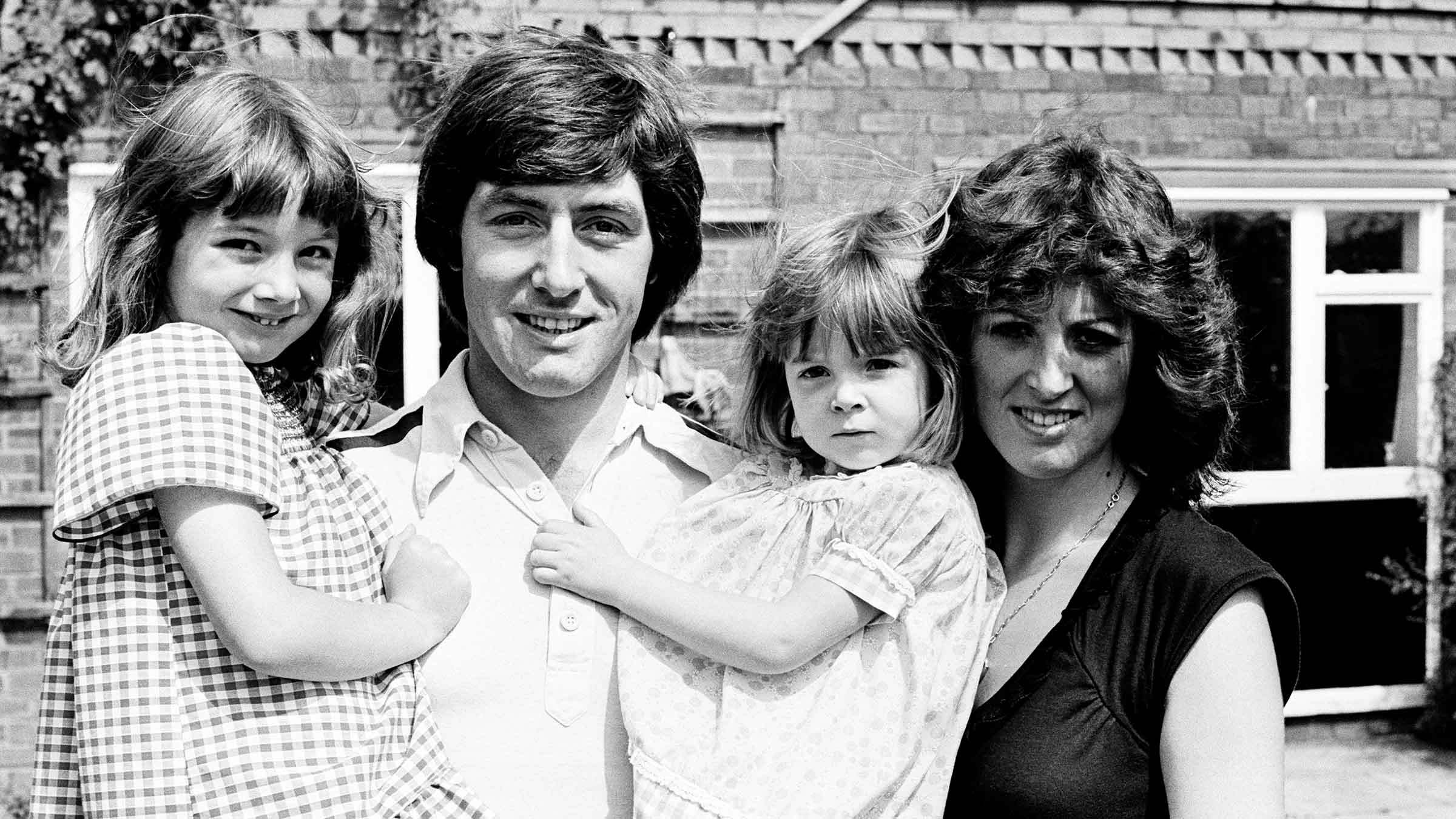
How did you replace football in your life?
I didn’t take up any new hobbies or play any other sport, to be honest. I was never looking to replace football because you can’t. You just have to embrace that it’s a different phase of your life. At that time, my work with the council was more than enough to keep me occupied. Also, I had a young family and two young children who were 11 and nine, so any spare time I had away from work was spent with them. Football does take you away from your family a bit, so it was good to have that time where I could focus on them and take them to do what they enjoyed and their sporting activities. I had no interest in going back into football in a coaching or management capacity. I just didn’t see it as being the right thing for me, and I think I made the right decision.
What did you miss most about football?
It would be the camaraderie and feeling part of the community. I was part of a group of colleagues – they weren’t all friends because there was a lot of different ages and a massive range when I was at Wolves – who had a great team spirit, across the whole of the group. But there was also the feeling of being part of the Wolverhampton community. We would host lots of charity darts, events, cricket matches and golf days, so we were first footballers, but we were also very much part of the community as well.
What are the parts of football you don’t miss?
That’s an interesting one. There isn’t anything that I don’t miss. I loved every second of being a footballer. Injuries could be one thing you don’t miss, but I those injuries stay with you, and I can feel them even now. You want to miss them, but you’ve still got them! All the players I still speak to would say exactly the same, you’d love to do it all over again.
Do you still catch up with your teammates?
There were people at Wolves who I made friends with and have stayed friends for life. They’re almost like family and like brothers to me, people like Kenny Hibbitt, Steve Kindon, Steve Daley, Willie Carr, Billy Rafferty – these are people who I still keep in touch with regularly, we still meet up on a regular basis and we made lifelong friendships. I left Wolverhampton in 1983 and the fact I still keep in touch with so many people I finished working with 40 years ago says a lot about the group that we had and the people who have played for this club.
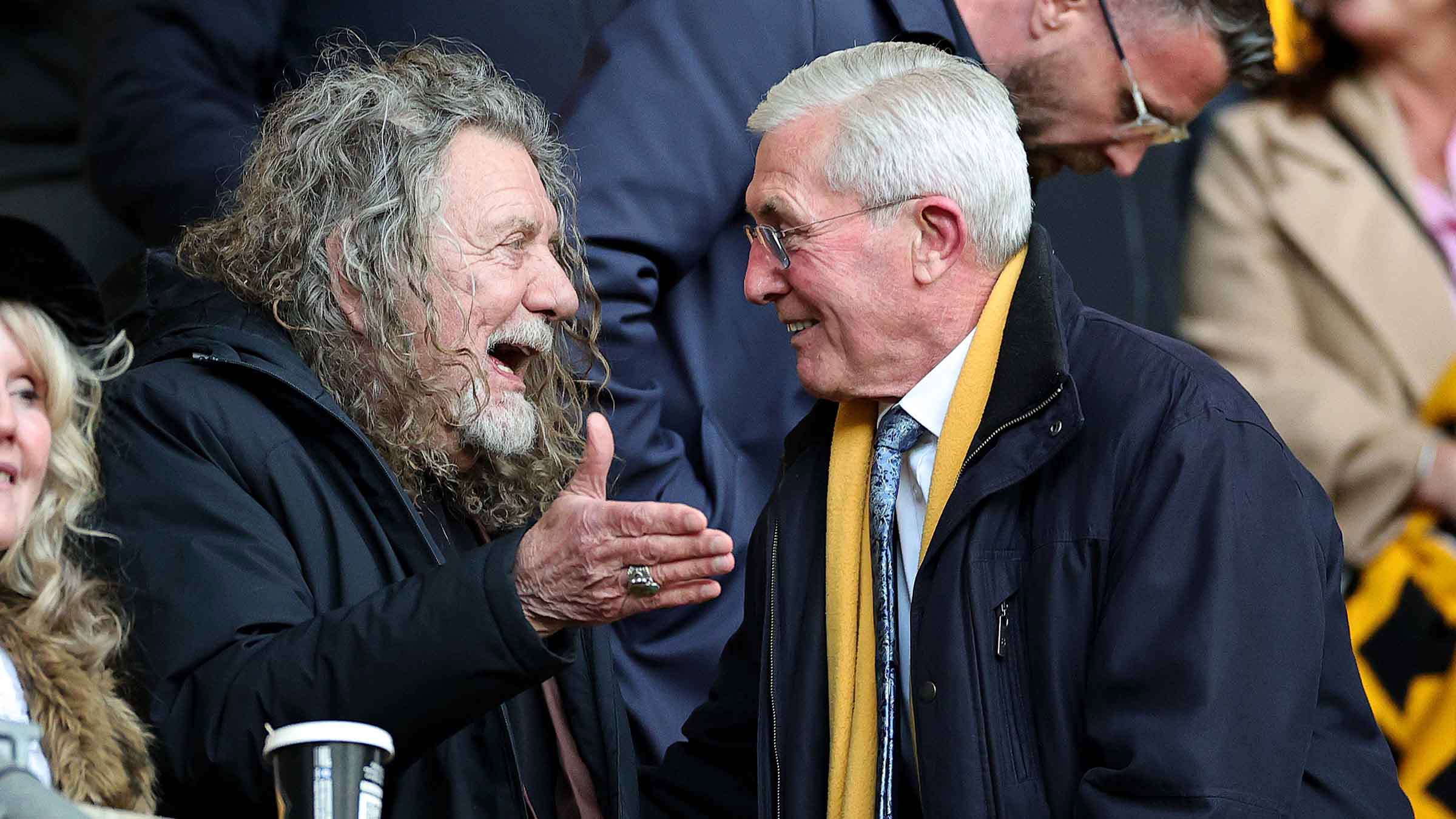
Do you still watch and follow football?
I still follow Wolves and I get to Molineux occasionally. But I’m still living locally, so watch everything though local TV, local radio, I read the newspapers, and then also get to the matches.
If you could play again now, would you?
Yes, I would. I do question if I would have the same success or enjoyment because the style of play is totally different to what we had in the 1970s, but I wonder whether I would be suited to modern-day football. I also don’t know how I’d cope with the use of a squad now and managers rotating, because in my day we only had one substitute and I would have hated being rotated. Players want to play and if I was being rotated or kept out the team then it would really get to me. I had a different mindset to the current players today because they know the squads are so much bigger so they won’t play every week, but I would find it very uncomfortable to be in that position.
What do you hope you’re remembered for at Wolves?
That’s a big question. I hope I’m remembered as someone who always gave his best in every game and gave his best for his club. I didn’t always play well and had some bad times, as most players do, but I’d hope that people think I always gave my best for the club and gave fans happy memories.
This article originally featured in Wolves' official 2023/24 matchday programme. Last season's programmes are still available to purchase online through retailers Curtis Sports.









